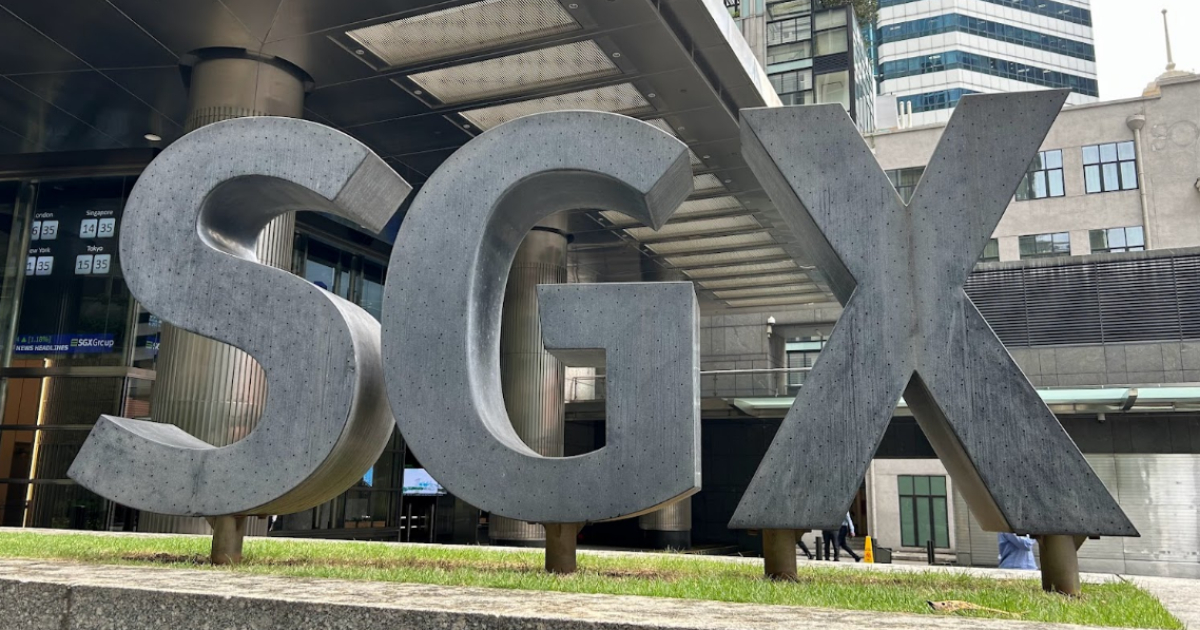A global stocks sell-off deepened on Monday, Aug. 5 as concerns grew that the Federal Reserve is too late with its policy support for a slowing U.S. economy, sending investors into the safety of bonds.
Sell-off percolated across markets
The magnitude of the rout spooked retail investors and seasoned traders alike, with some quarters urging the Fed to act with urgency in reversing course immediately.
While the idea of the U.S. going into recession has been bandied around, the data is showing otherwise.
How much to cut?
Proponents for cutting rates hard and fast are calling for a full percentage point cut to 4.25 to 4.5 per cent by the end of the year in the name of risk management.
Right now, the Fed interest rate is 5.25 to 5.50 per cent.
Discussions of the Fed pulling off a soft or hard landing have been closely associated with adjusting the interest rate, which was hiked to tame inflation.
Asian markets woke up to rout
The financial and mainstream press in the U.S., Japan, Europe and Asia, as well as Singapore, provided breathless coverage of global markets flashing bright red at the start of a fresh week.
Markets in Asia greeted the day with counters pointing down.
Japan stocks crash 12 per cent
Japanese stocks suffered their biggest-ever daily loss on Monday.
The Nikkei 225 index of leading stocks in Tokyo lost a staggering 4,451 points, its biggest drop in history.
The index closed more than 12 per cent down, taking its losses since early July to 25 per cent, marking the entry into bear market territory.
Japanese shares plunged for a third day as traders priced in more domestic rate hikes.
Trading was halted for short periods of time in Japan and South Korea as circuit breakers designed to prevent panic selling were triggered multiple times.
Traders drew parallels with the “Black Monday” crash in October 1987, when global markets crashed and the Nikkei lost 3,836 points.
The yen, on the other hand, rallied over 1 per cent on bets the Bank of Japan will keep raising interest rates after Jul. 31's hike.
South Korea’s Kospi fell by 9 per cent.
Share indices in Australia, Hong Kong and China also dropped heavily.
Singapore's Straits Times Index plunged 2.5 per cent.
US stocks rallied just weeks earlier
Investors are concerned the Fed's decision to hold interest rates at a two-decade high — for a too high and too long a period — is risking a deeper economic slowdown.
The sell-off followed a day of deep losses on Wall Street on Friday, Aug. 2, when tech giants, including Amazon and Microsoft, that an AI-fuelled rally this year may have been overdone.
Billionaire Elon Musk said on Sunday that the Fed needs to cut interest rates and that it was foolish for the U.S. central bank not to have done so already.
His criticism was posted on X.
Fed Chair Jerome Powell said on Wednesday, Jul. 31 that the central bank could cut rates in September if the U.S. economy follows its expected path.
Traders are betting that a rate cut at the next Sep. 17 to 18 Fed meeting.
Bloomberg explained how rate cuts can help stimulate the economy and prevent a recession:
Swift rate cuts would relieve pressure for Americans struggling to make payments on floating-rate credit card debt or to get financing for a new car. It would help the millions of homeowners who bought when mortgage rates were high, with refinancing at lower rates freeing up household budgets for other types of consumption. The main headwind for the economy right now is high borrowing costs.
What started it?
Markets got the jitters at the tail end of July when U.S. jobs data for that month started showing a worse-than-expected slowdown, with 114,000 jobs created rather than the predicted 175,000.
The unemployment rate increased to a three-year high of 4.3 per cent, while U.S. manufacturing activity also slumped, falling to an eight-month low in July as new orders tailed off.
As of now, traders are projecting the Fed will cut rates by more than a full percentage point in 2024, with an increased chance of an outsized 50-basis point cut in September, according to data compiled by Bloomberg.
Investors pricing in a hard landing for the U.S. economy has led to a rally in Treasuries and sent yields to the lowest in more than a year.
Top photo via Google Maps
If you like what you read, follow us on Facebook, Instagram, Twitter and Telegram to get the latest updates.



